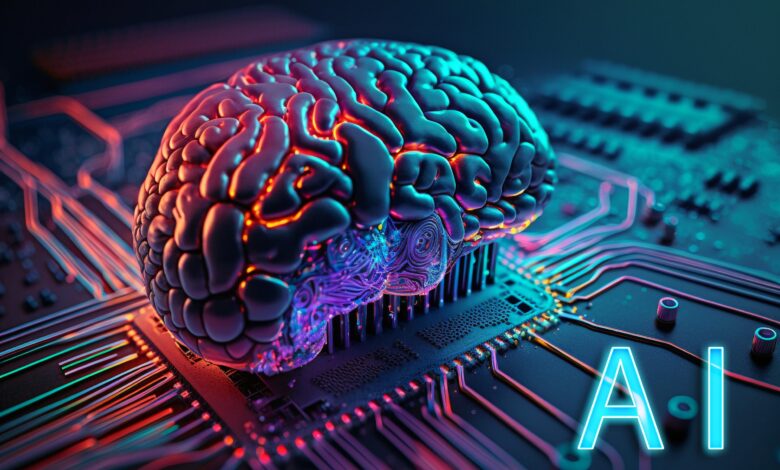AI Companies Are Suing More and More. Watch out here

AI Companies Are Suing More and More. Watch out here
Some of the most powerful brands in media and technology are putting more and more pressure on artificial intelligence companies as new capabilities raise concerns about the dangers of chatbots that might eventually outperform human intellect.
The next major person to suit OpenAI is Elon Musk, who claims that Sam Altman, the business’s CEO, and the corporation have abandoned their initial goal in favor of profit above the sake of mankind.
The action, which was filed on Thursday, is the latest in a string of court cases that the creator of ChatGPT has been facing lately. Notable writers like John Grisham and Jodi Picoult, as well as journalists and news organizations like the New York Times, have sued it. The Securities and Exchange Commission is also looking into whether it misled investors after firing Altman in November and before he was recruited again.
Numerous grievances directed at AI companies such as OpenAI charge them with breaking copyright laws and illicitly stealing data from media companies on the internet. If the plaintiffs win, AI companies could have to pay for the use of certain materials to train their algorithms, according to Justin Hughes, a copyright law expert at Loyola Law School.
Some people exaggerately claim that copyright ‘threatens’ this new technology or that it may put an end to generative AI. That is just untrue,” remarked Hughes. “I hope that careful, balanced policy and regulations will play a major role in determining the future of AI. Copyright will neither hurt nor kill generative AI.”
These are the main cases to keep an eye on:
Elon Musk vs Gregory Brockman, Sam Altman, and OpenAI Inc.
Musk is claiming that the business he helped form violated its founding documents by putting shareholder profits ahead of the common good.
According to Musk’s attorneys in the lawsuit, the company was started as a charity and as a counter to other artificial intelligence endeavors. However, they contend that the startup’s objective has been violated by being “transformed into a closed-source de facto subsidiary of the largest technology company in the world.”
Artificial general intelligence, according to the CEO of Tesla Inc. and the owner of X Corp., previously Twitter, is a “existential threat.” The richest man in the world, Elon Musk, resigned from the board of OpenAI in 2018 due to philosophical disagreements on the advancement of the technology.
MS Corp. v. The New York Times Co.
Late last year, the New York Times filed a lawsuit against OpenAI and its biggest backer, Microsoft Corp., alleging the firm had improperly used millions of Times stories to develop its artificial intelligence platform.
According to the lawsuit, ChatGPT and other chatbots “seek to free-ride” on the material produced by the Times and pose a danger to its income. However, the IT firm retaliated, accusing the Times of hiring someone to hack its products and produce strange outputs to support its allegations, in an attempt to refute some of the assertions.
The lawsuit is taking place at a particularly bad time for the media, since several news organizations have lately closed their doors or let go of employees, and many of them are finding it difficult to make ends meet as a result of declining ad income.





One Comment